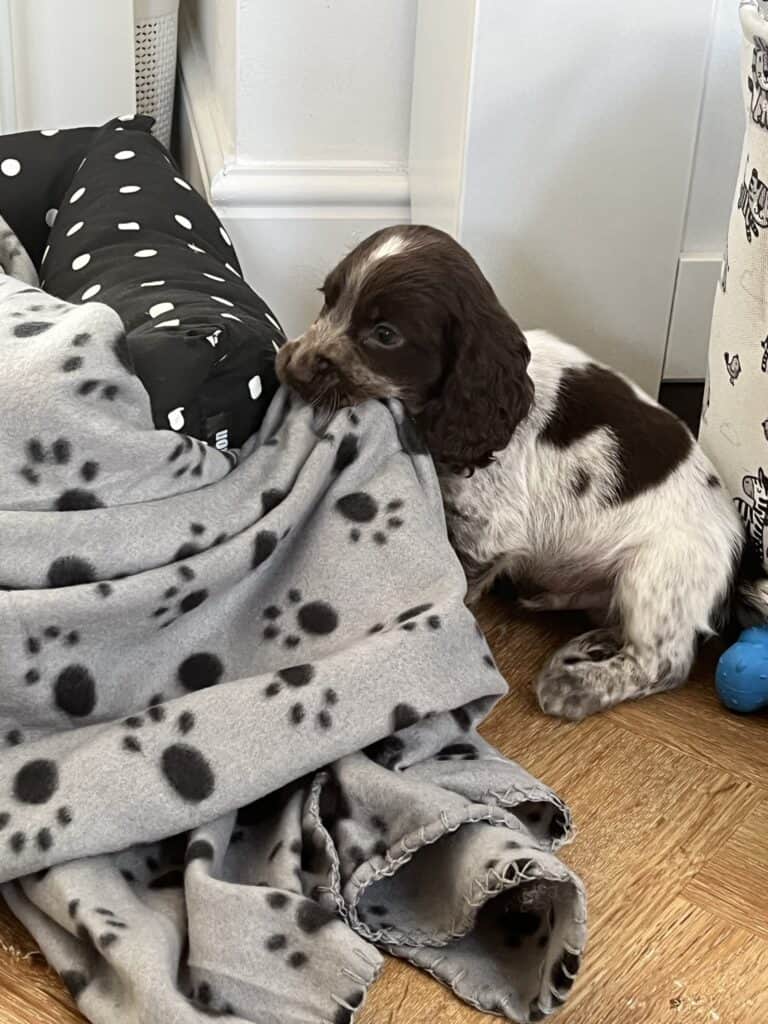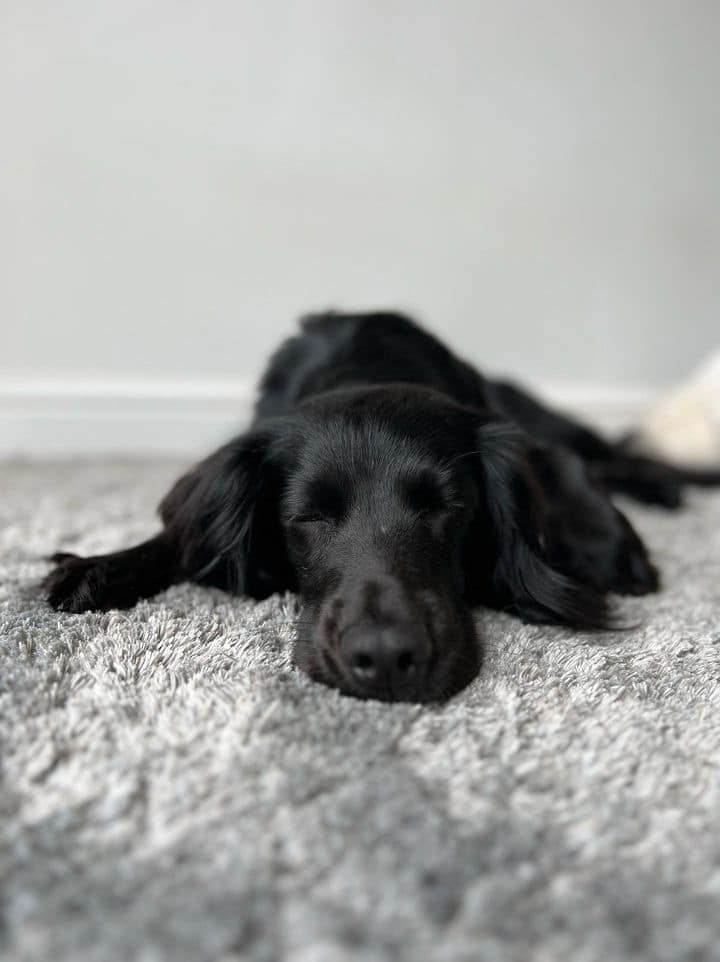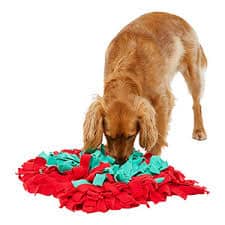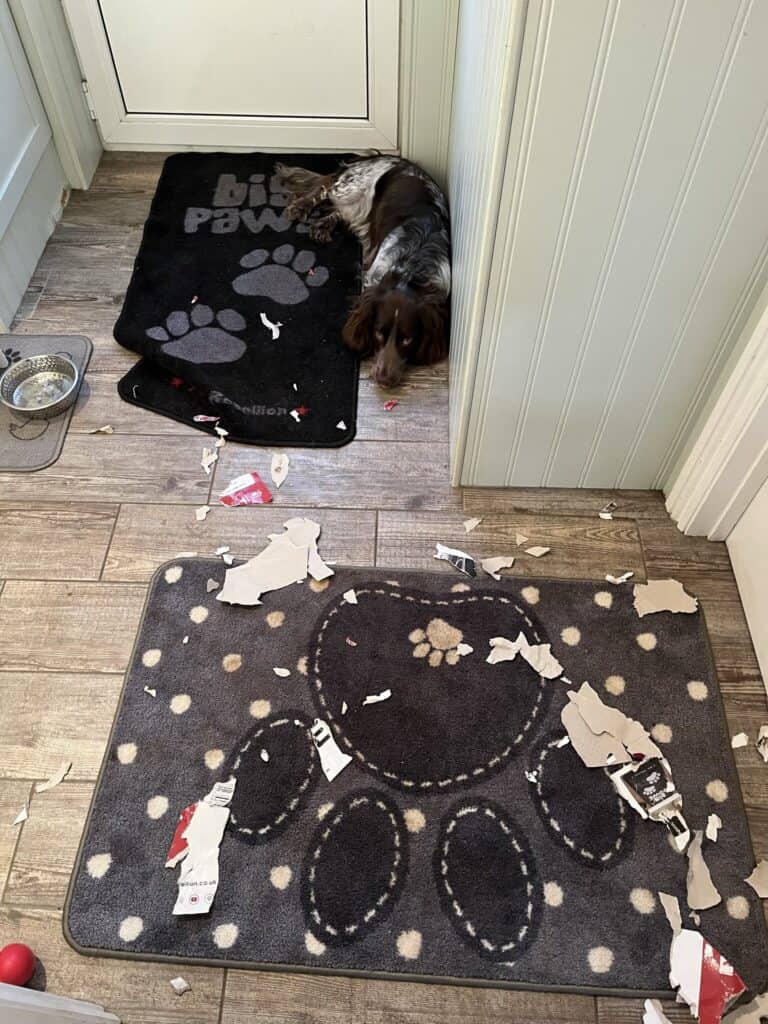How long can I leave my dog for?
As a dog owner, especially one with a new dog whether it be a rescue or a new puppy, this is one of the first major dilemmas you face. Most of us would love to spend more time with our pooches, but it’s just not always practical; inevitably at some stage, you’ll need to leave your dog alone – but for how long?
Every dog is different, but the general rule is to only leave adult dogs alone for four consecutive hours. Dogs are social animals, often craving regular human attention and, without it, they can become bored and lonely. Studies have found that if you gradually introduce your dog to being left alone when they come to live with you, then you are less likely to have a problem later.
It’s important to note that fully grown dogs can usually only hold their bladder for between six to eight hours, so you’ll need to account for this when leaving them alone. While you’re away, you’ll need to make sure they always have access to fresh, clean drinking water too.

How long can you leave a puppy alone for?
Young puppies under six months shouldn’t really be left alone for more than two hours, it’s a good idea to build up the time they spend alone gradually to prevent separation anxiety from setting in. When you do leave your puppy alone, it’s a good idea to crate train them, or leave them in a puppy-proofed room. Putting puppies in a crate or puppy-proofed space will stop them from chewing everything in sight and will also protect them from potential harm.
Ideally, you shouldn’t leave a puppy in their crate for more than a couple of hours at a time during the day, too much time in the crate may cause them to become stressed.
Teach them it’s OK to be alone.
One of the most effective ways of preventing your dog from becoming anxious when they are left alone is to teach them right from the start that being alone is fun! To do this very gradually increase the time that you leave your dog so that it is never a frightening experience and always associated with something pleasant.
The speed that you progress will depend on your dog’s reaction and never leave your dog so long that they starts to become distressed. If you do need to leave them for a longer period of time, consider asking a friend to pop in and take them for a walk, hire a dog walker or even try Doggy Day Care.

Try to prevent them from getting bored.
There are several things that you can do to give your dog something to occupy themselves while you are away. Leave a safe, suitable toy with your dog when you go out. Make sure that this is a ‘special’ toy by only giving it to them when you go out or when they are separated from you in another room in the house.
Try to leave something that your dog really loves such as a treat ball or snuffle mat, that you can fill with dried treats. These are great giving your dog mental stimulation and preventing them from becoming bored.
It’s important that any treats must be taken out of your dog’s daily food allowance as overfeeding can lead to obesity which can cause serious health concerns. Remember that when you return home, these ‘special’ items should be put away again and only given to your dog when you go out, or when you are in a different room in the house.

Have they had enough exercise?
Your dog will be more inclined to relax when left alone if they have had an appropriate amount of exercise. Try to always exercise your dog before leaving them. Take them for a walk, returning home half an hour before you are due to leave. Always ensure your dog goes to the toilet before being left alone.
When to seek help?
Anxious dogs may bark, howl, toilet indoors or be destructive when left alone. It may not be obvious that your dog becomes anxious when left alone. You may be completely unaware that your dog has been suffering unless you find evidence of destructive behaviour when you return home or receive complaints from your neighbours about your dog’s barking.
There could be several reasons why a dog might show this type of behaviour, so if you notice signs that your dog is showing unsettled behaviour, you should talk to a vet who may refer you to a Clinical Animal Behaviourist.

Avoid all punishment.
If your dog misbehaves while you are out, it is vital that you do not react badly when you come home. Separation-related behaviour problems get worse when owners punish their dogs on their return! Any punishment will be linked with your return rather than the destruction, barking or toileting carried out whilst they were left alone. Even if you take your dog to the scene of the crime, they will not be able to
associate your anger with their behaviour hours earlier – your dog will simply become more anxious the next time you go out.
So, remember, if you are leaving your dog alone, make sure the space is safe, they have access to water, special toys and you build up the time alone gradually.
Note: The advice provided in this post is intended for informational purposes and does not constitute medical advice regarding pets. Please make an appointment with your vet for an accurate diagnosis of your pet’s condition.
